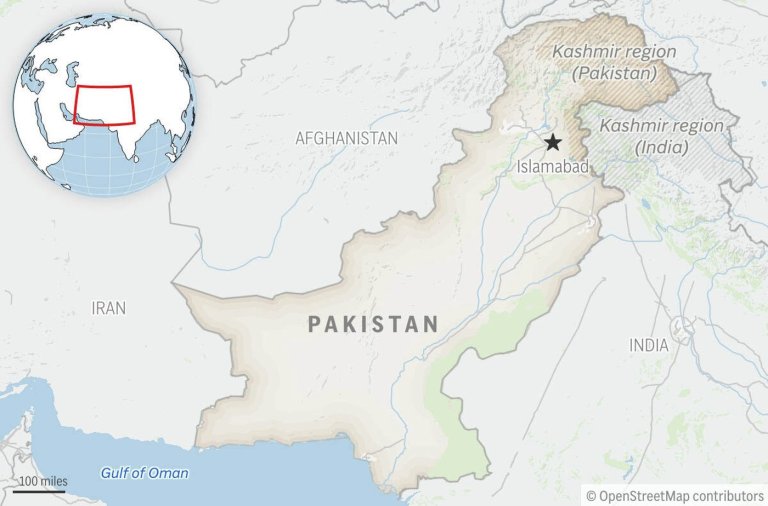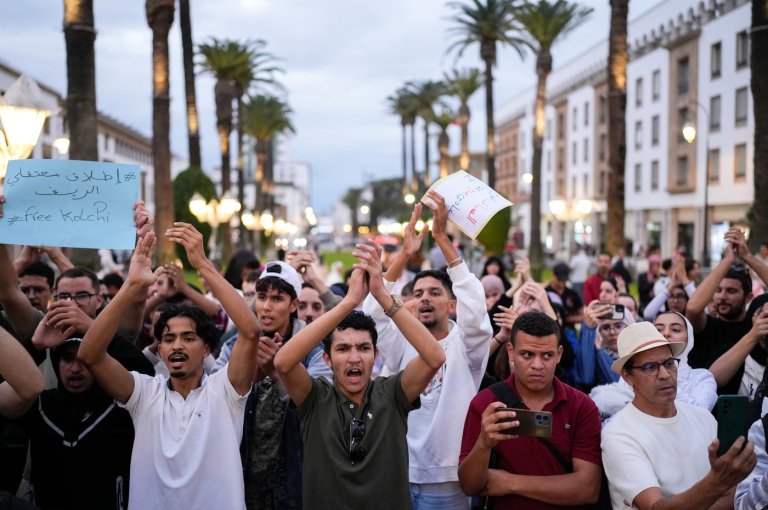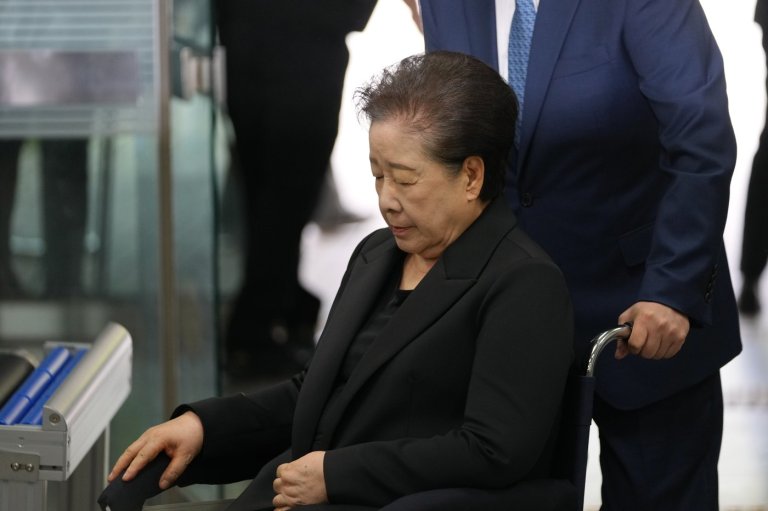
As US grapples with China relations, Taiwan’s president scraps stop on American soil
WASHINGTON (AP) — The Taiwanese government has called off a plan for its president to transit through the United States on his way to Latin America, The Associated Press has learned — a decision leading to conflicting accounts of the reason for the cancellation.
Amid speculation that the Trump administration had opposed a proposed stopover by Taiwanese President Lai Ching-te in New York, Taipei said Lai had no overseas travel plans due to domestic issues, including natural disasters and tariff negotiations with the United States. The other proposed stop on Lai’s itinerary was Dallas, Texas.
Whatever the reason, the cancellation is certain to hand a major diplomatic victory to Beijing and has drawn concerns from experts that the White House is setting a bad precedent for U.S.-China relations.
Details about the administration’s decision were scant, but one person with knowledge of the discussions told AP that the U.S. “had asked Taipei to rearrange the transit — not go through New York.”
Another person with knowledge of the discussions said Beijing had sensed that it could ask President Donald Trump not to allow Lai to transit through the U.S. because of the perceived “desperation” by Trump to meet Chinese President Xi Jinping.
Both people spoke on condition of anonymity because they are in current sensitive discussions with administration officials. The White House said it had nothing to say on this matter. Tammy Bruce, spokesperson for the State Department, said it was a “hypothetical” issue because Taiwan had not announced any travel plans for Lai.
“There are a lot of questions and a lot of suppositions that have happened,” she told reporters on Tuesday. “But I can say that it is a hypothetical at this point. There have been no plans.”
Discussions unfolded late last week
By the end of last week it was clear that the Trump administration was discussing the likely transit by Lai, though it was unclear if the administration had moved to block it, according to one of the people. It was also unclear if the Trump administration would be open to allowing Lai to transit through a city other than New York.
The United States is obligated by its own laws to give military support to Taiwan, which split from China in 1949 during a civil war. Beijing claims the island off its southeastern coast as sovereign territory and has vowed to seize it, by force if necessary.
Jason Hsu, senior fellow at the Hudson Institute and a former legislator in Taiwan’s Legislative Yuan, said Taiwan always consults with the United States on transit and called it “abnormal” for Washington not to agree when such stopovers are permitted under the Taiwan Relations Act. Bruce said transits by high-level Taiwanese officials, including presidents, “are fully consistent with our longstanding policy and practice.”
In Taipei, Karen Kuo, spokesperson for the presidential office, said there was no immediate plan for Lai to travel.
“Considering the recent typhoon disaster recovery efforts in southern Taiwan, the U.S.-Taiwan reciprocal tariff measures and regional developments, the president currently has no plans for overseas visits in the near future,” Kuo said.
Routine practice that draws routine protests from Beijing
The Chinese Embassy did not respond to an AP request for comment. Beijing, however, has routinely protested any transit through the U.S. by Taiwanese leaders.
Lai was elected president of Taiwan in 2024. On his first overseas trip last November he made stops in Hawaii and Guam, where he was received by U.S. politicians. While such transits had been routine by previous Taiwanese presidents and under previous U.S. administrations, the person familiar with the discussions said Beijing considers Lai an exception because it views him as being more aggressive in seeking Taiwan independence.
Zack Cooper, senior fellow at the American Enterprise Institute, said that while recent U.S. administrations have not allowed Taiwan to be used in negotiations with Beijing, “this decision raises questions about whether the Trump administration is reconsidering that approach.”
And Jason Hsu, a senior fellow at Hudson Institute and a former legislator from Taiwan’s KMT party, said that in preventing Lai’s stopover “the Trump administration appears to be accommodating China’s red lines.”
Democrats on the House Foreign Affairs Committee said on Tuesday that Trump is folding to Beijing. Rep. Raja Krishnamoorthi of Illinois, who is the top Democrat on the House Select Committee on the Strategic Competition Between the United States and the Chinese Communist Party, called it “another example of the Trump Administration caving to China in hopes of reaching a trade deal.”
“Presidents of both parties have allowed Taiwan officials to transit through the U.S. in the past, and now should be no different,” he said in a statement.
Join the Conversation!
Want to share your thoughts, add context, or connect with others in your community?
You must be logged in to post a comment.

















